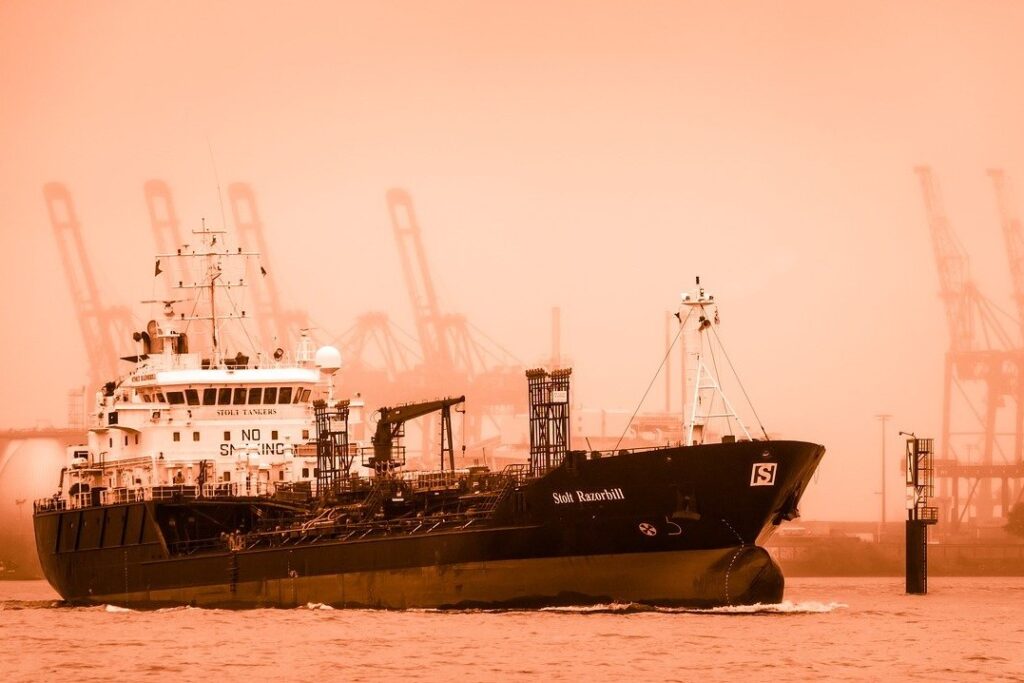Vestigo Volatility Score: 50%
Shippers are fretting over a number of recent attacks on vessels in the Persian Gulf. Analysts often blame Iran for related attacks on ships in the region, a reality that adds to the uncertainty among those with shipping interests in the Persian Gulf. Iran’s recent appointment of a hardline cleric, Ebrahim Raisi, as president adds uncertainty to the country’s actions. While a more aggressive Iranian foreign policy is possible in the coming years, the threat to the wider maritime industry remains minimal. Iran remains steadfast in its goal of self-preservation, with any largescale military action on commercial shipping ordered by the country’s leadership likely to produce fervent retaliation by western powers. Both sides will seek to avoid this. Further small-scale attacks are almost inevitable however, pushing up the price of “war risk” insurance premiums on vessels transiting the Persian Gulf.
Constraints to consider:
- Shipping insurance premiums in the Persian Gulf will experience short-term increases.
- Subsequent attacks on vessels in the region are almost certain but will remain small in scale.
- Maritime traffic in the Persian Gulf largely continued undeterred during previous incidents of apparent conflict escalation.
Near the shores of Oman on July 30, a suspected Iranian drone strike on an oil tanker, the MV Mercer Street, led to the deaths of a UK security guard and a Romanian seafarer. Iran was quick to deny connection to the attack. Whether or not the country was behind the incident, Iran’s response was indicative of a desire to shy away from an incident that might spur military escalation. The deaths of foreign citizens are evidently a driver for increased tensions. Iran knows this and has shown propensity to avoid, at least rhetorically, such an outcome. As recently as August 3, the UK Maritime Trade Operations reported a possible hijacking on a vessel near the UAE, an action in which Iran again denied any involvement.
Will Maritime Traffic Stall Following Attacks on Vessels?
Shippers are particularly wary of escalation as the Persian Gulf represents a transit point for over a third of oil-related shipping in the world. Disruption to wider maritime traffic in the region is unlikely to occur given the pivotal position of the Gulf in oil supply chains. With escalatory rhetoric between Iran and Israel ongoing, further fatal attacks are more than likely. However, these will likely remain localized and small in scale, a red line commercial shipping is likely to sideline in place of business continuity.
Following the MV Mercer Street attack, the UK wrote to the UN demanding international condemnation to preserve the safety of international shipping in the region. In truth, providing security for vessels in the region has been a demand and concern for years. Iran has attacked and seized a number of vessels, notably in 2019 when Iran boarded the Stena Impero that bore the UK flag. If historical precedent counts for anything, that vessel was later released. Iranian rivals have also seized Iranian-flagged vessels. The tit-for-tat is not going to end any time soon, but recent precedent points to policies of restraint over escalation.
What Will Impact the Bottom Line?
If it is your ship that gets attacked or boarded, the consequences, financial or human, are beyond the scope of this article. One tangible impact of escalation concerns an increase in insurance premiums surrounding the “risk of war.” These will likely increase for almost all navigation in the region in the short term, as has been the case following previous notable attacks and incidents on ships in the Persian Gulf. These increased premiums will likely dissipate if attacks on vessels begin to subside. However, given the ongoing rhetoric of conflict on both sides, dramatic reductions in related premiums remains an unlikely outcome for the coming months.
We base the percentage of our Volatility Score on the material constraints that determine the potential of a global event becoming a long-term global disruptor. We think that anything above the 75% mark should be studied with particular interest.


I note the tension in the region. I recognise the rationale : it would appear unlikely that Iran would want to provoke attacks on shipping. It would only encourage increased economic sanctions on the country.
Who would be the other actors potentially responsable? Can we expect continued threats from them?